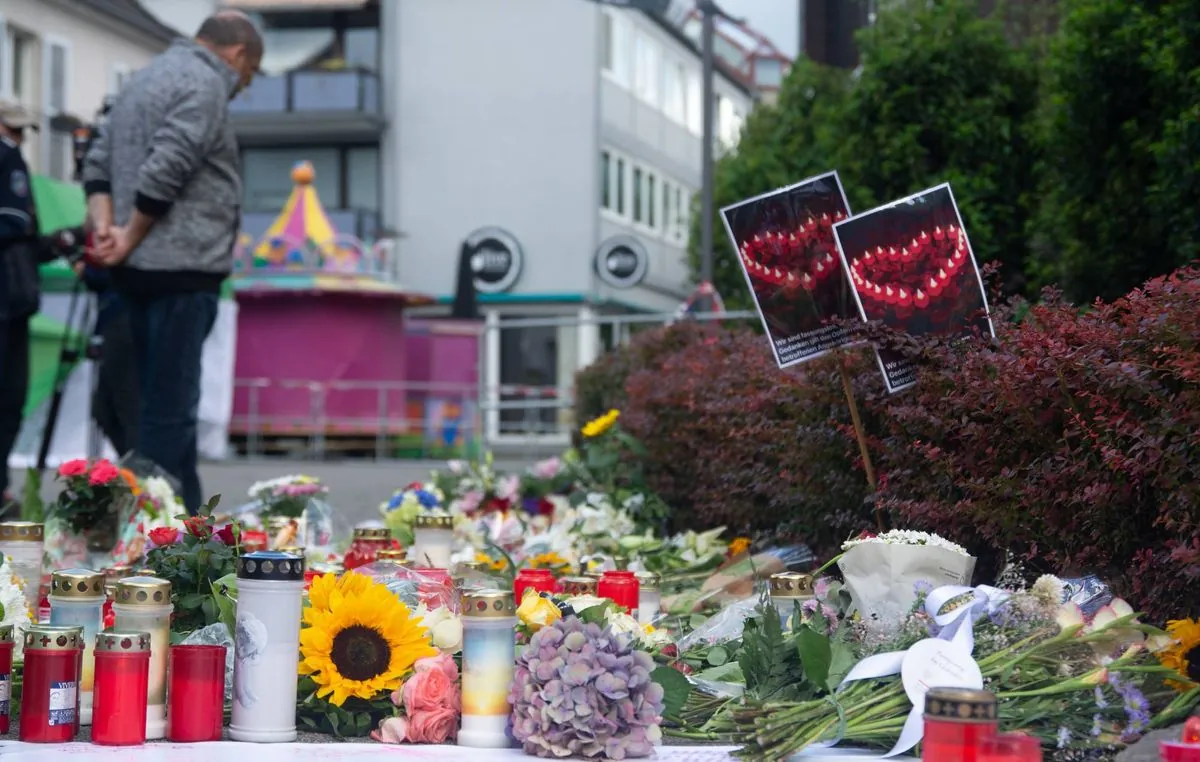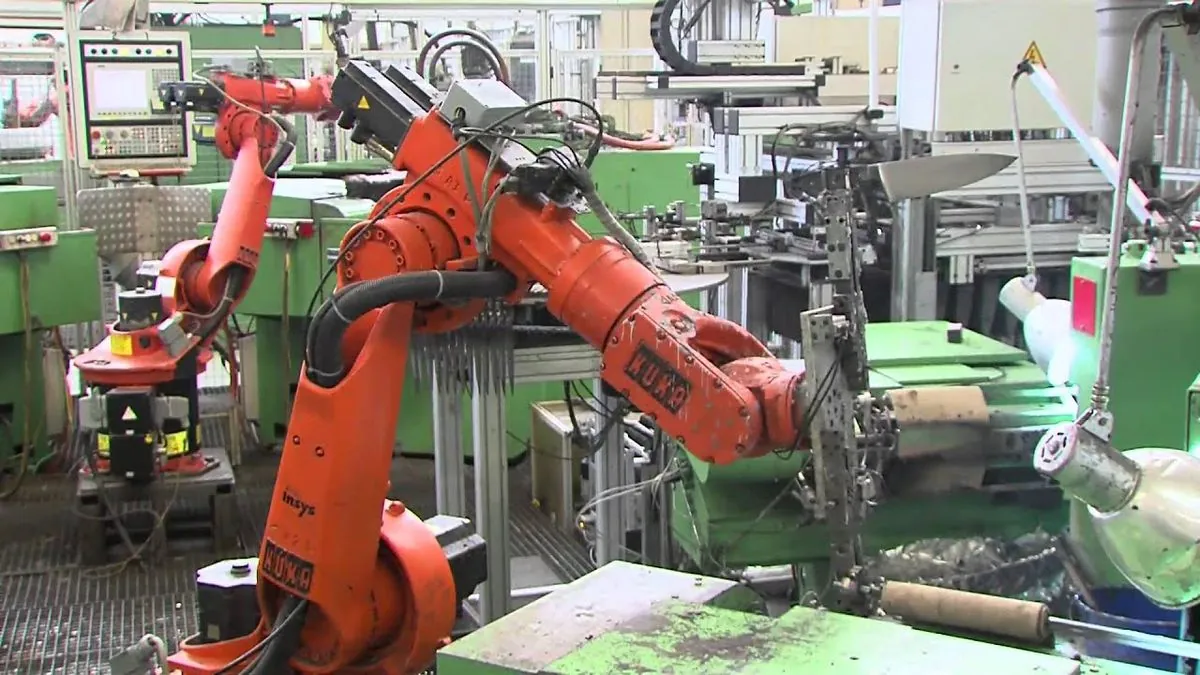Solingen Knife Attack Reignites German Immigration Debate
A deadly knife attack in Solingen has thrust immigration back into Germany's political spotlight. Officials pay tribute to victims while announcing new security measures and deportation policies.

On August 23, 2024, a knife attack at Solingen's "Festival of Diversity" resulted in three fatalities and eight injuries. The incident, allegedly perpetrated by a 26-year-old Syrian suspect, has reignited discussions about immigration policies in Germany.
German leaders, including President Frank-Walter Steinmeier and Chancellor Olaf Scholz, attended a memorial event to honor the victims. Steinmeier expressed relief that none of the wounded were in critical condition.
The attack has prompted the government to implement new security measures. These include restrictions on knife possession and efforts to streamline deportation processes. In a significant move, Germany recently deported Afghan nationals for the first time since the Taliban's return to power in 2021.

Solingen, known as the "City of Blades" for its centuries-old knife-making tradition, now faces the challenge of addressing security concerns while maintaining its cultural heritage. The incident occurred during celebrations marking the city's 650th anniversary, highlighting the contrast between its rich history and current challenges.
Steinmeier addressed the complex nature of Germany's immigration policies in his speech:
"We are for good reason a country that takes in people who seek protection from political persecution and war. We want to remain that country, but ultimately we can only do so if the number of those who are not entitled to this special protection does not overburden us."
This statement reflects the ongoing debate in Germany, which has the second-largest immigrant population globally after the United States. The country's approach to immigration has evolved significantly since the 2015 European migrant crisis when it accepted nearly one million asylum seekers.
The Solingen attack has also revived memories of a 1993 racist firebomb attack in the city, which claimed the lives of five Turkish women and girls. Mayor Tim Kurzbach expressed dismay at the recurrence of tragedy in Solingen, questioning, "Why always Solingen?"
Germany's immigration policies continue to evolve, balancing humanitarian obligations with security concerns. The Federal Office for Migration and Refugees (BAMF) processes asylum applications, while integration courses aim to facilitate cultural adaptation. However, challenges remain, including the implementation of the Dublin Regulation and the management of rejected asylum seekers.
As Germany grapples with these issues, it must also address its aging population and potential labor shortages. Immigration is seen as a possible solution, but it remains a contentious topic in political discourse, with parties like the Alternative for Germany (AfD) gaining support through anti-immigration platforms.
The Solingen attack serves as a stark reminder of the ongoing challenges in balancing open immigration policies with national security concerns, a debate that is likely to persist in German politics for years to come.


































